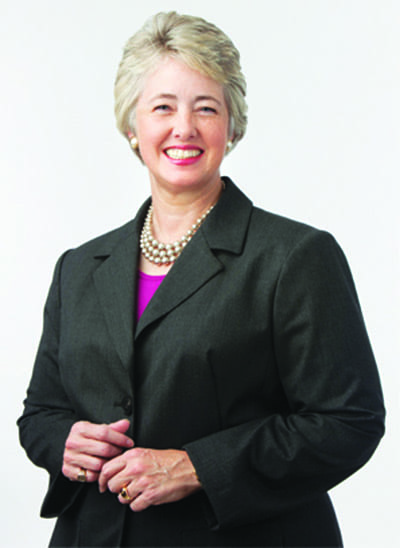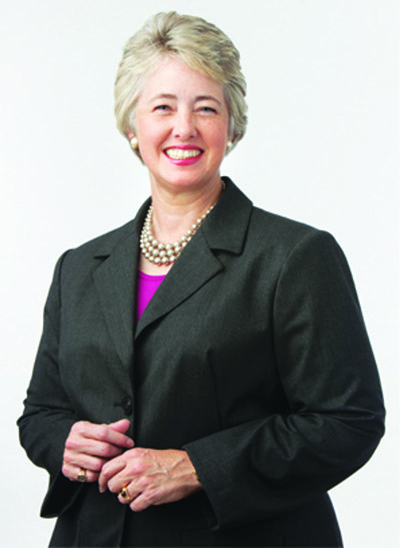After the Houston GOP sued to stop benefits to spouses of gay and lesbian city employees, Lambda Legal countersued on behalf of three couples
The legal battle to retain health care benefits for the same-sex partners of the city of Houston’s employees took another turn as Lambda Legal filed a lawsuit against out Mayor Annise Parker on Dec. 26, 2013.
“She was sued to stop the benefits, so we had to sue her to get the benefits back,” Lambda Legal Supervising Senior Staff Attorney Ken Upton said.
Officials of Houston’s Republican Party sued Parker in December, after she announced on Nov. 20 the city would begin offering DP benefits to all legally married spouses of city employees. The suit was filed in family court, Upton said, whose jurisdiction usually covers divorce, child custody and adoption cases. He said the city case is an employment one.
Parker spokesman Janice Evans said the mayor was following a ruling by the city attorney who had been studying the issue since the Supreme Court’s decision striking down the Defense of Marriage Act.
Since then, three couples have taken advantage of the spousal benefits. Among those is Noel Freeman who works for Public Works and Engineering and has been with his husband for 12 years.
“He’s been uninsured for 12 years,” Freeman said about his husband, adding that any individual policy he priced was unaffordable. They paid for coverage with the city and then a suit was filed to stop coverage.
Freeman, who is the outgoing president of the Houston GLBT Political Caucus, said he never heard of the plaintiffs who filed the lawsuit against Parker, but they are donors to the Harris County Republican Party.
Upton said Parker’s executive order to extend healthcare benefits had the city attorney’s opinion attached. The suit to stop the benefits had a copy of the executive order that referred to the attorney’s opinion but did not contain the executive order. Then the file was sealed. Upton also said that’s a common practice in family court where children are often involved.
The judge then heard the case without giving notice to the city and issued a temporary restraining order to prevent implementation of benefits.
“Nothing looks like it was done properly,” Upton said.
The city then filed a notice of removal to change the venue to federal court, which is where Upton filed his lawsuit. He said the question is whether providing benefits to married couples is consistent with federal law.
While the two suits are similar, Upton said they are not the same, so the court could decide to consolidate them, proceed separately on a similar schedule or place them with the same judge. Hearing them separately could result in opposite rulings.
Upton said his clients, Freeman and two other city of Houston employees, paid their share of the premiums, and denial of coverage would be a depravation of their civil rights by a public employer. The suit challenges why the city is offering fewer benefits to married gay and lesbian employees than to married straight employees, in effect paying some employees less for equal work.
The Lambda Legal suit is set for an April hearing. Upton said he expected a ruling before summer.
“There’s not a lot of evidence,” he said. “There’s a lot of briefing.”
He compared the case to the recent Ohio ruling. In that case, two couples sued for a surviving spouse to be listed on their partner’s death certificates. While calling Ohio’s anti-marriage amendment unconstitutional, the judge applied it narrowly, only as it applied to the death certificates for these couples.
Upton said he expected a narrow ruling, only as it applies to employment benefits. He said the court only needs to examine one thing.
“Why are these employees being paid less?” he asked.
This article appeared in the Dallas Voice print edition January 3, 2014.












